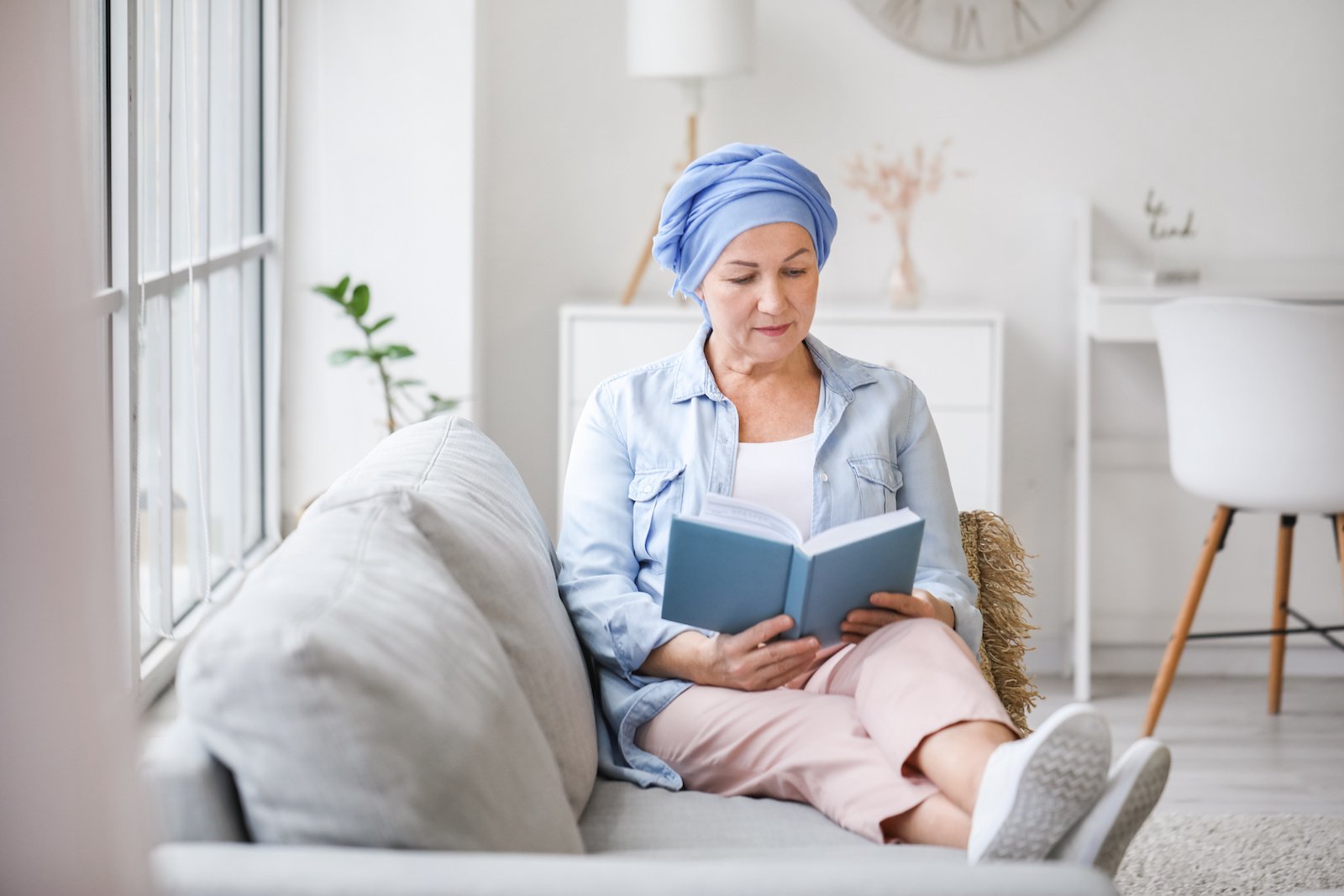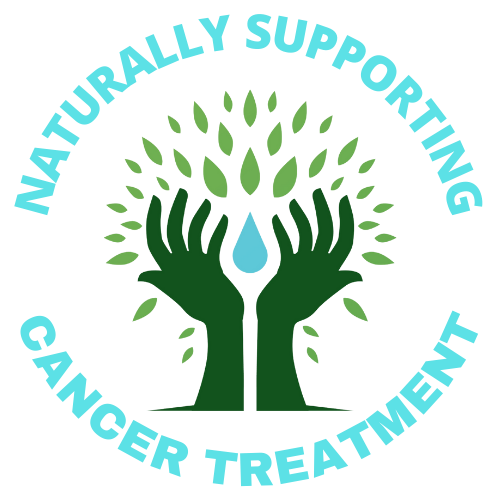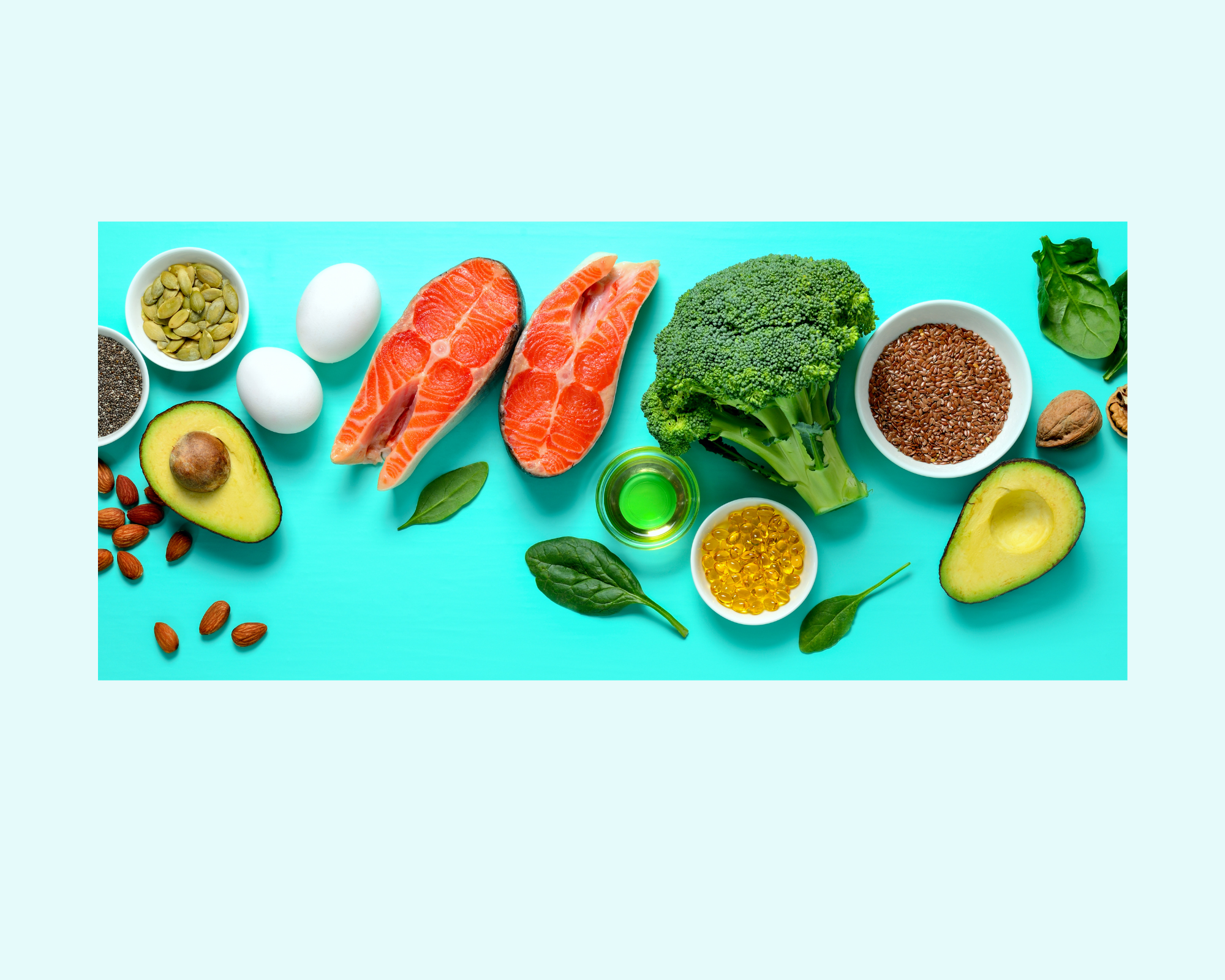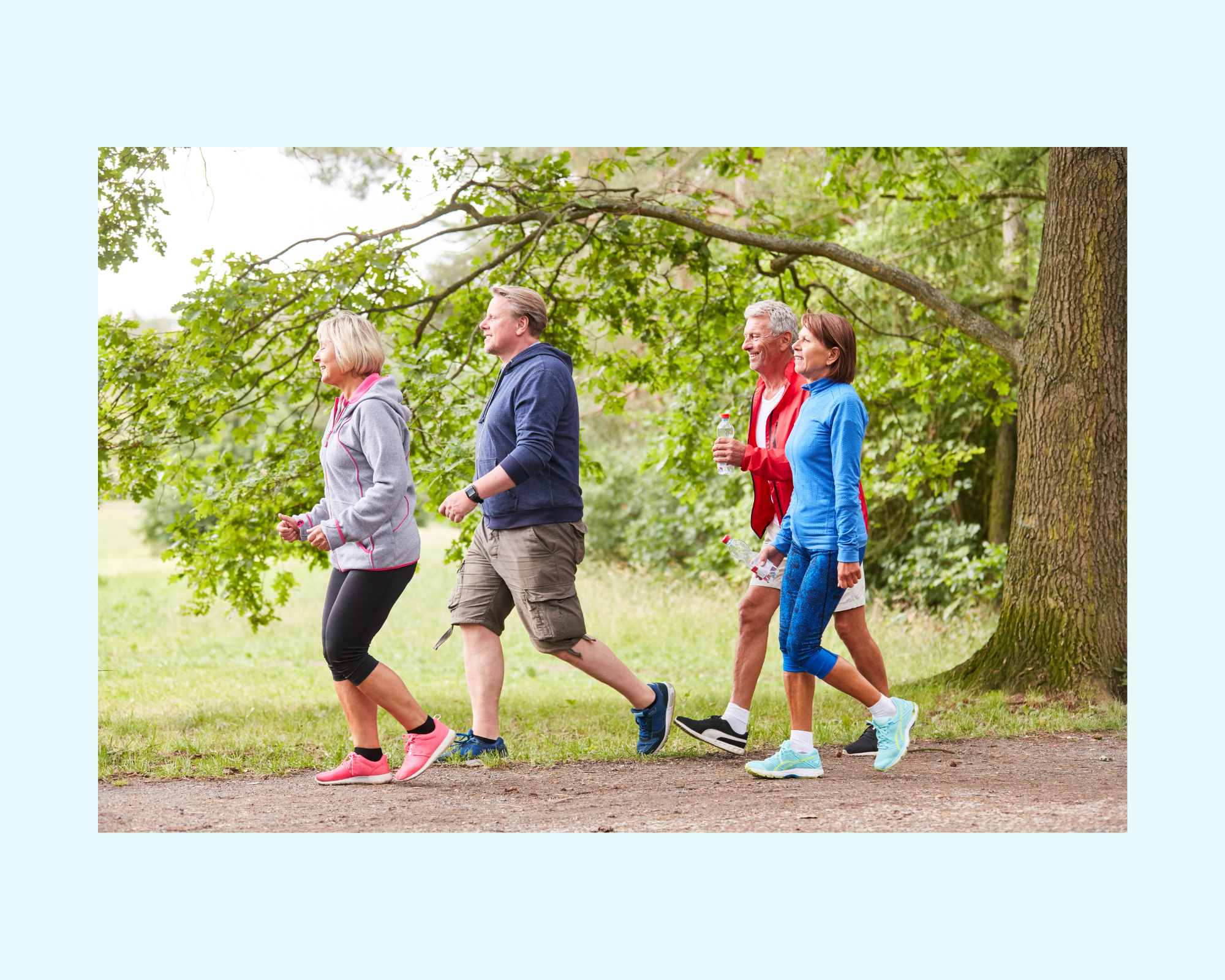
The book -
Naturally Supporting Cancer Treatment
Evidence-based ways to help prevent cancer formation and recurrence, and assist treatment
The book, Naturally Supporting Cancer Treatment is for you wherever you are in your cancer journey, whether you've just been diagnosed, are currently undergoing treatment or if you're in remission and trying to stay well.
It covers how to shape your diet and the lifestyle factors that can make a significant diference to how well you respond to treatment. It also gives you information on some of the best nutritional supplements to help you on your journey and the herbs that can help with treatment, recovery and side-effects. It also includes any side effects or negative interactions, so that you can be sure it will be safe for you to take them.
A summary that is easy to follow will help show you a good pattern for living, with references to the pages that cover the evidence for each item on the list. A glossary covers the medical words used, making it suitable for everyone, including those without a scientific background. The index lists the various types of cancers and treatment side effects, the research on potential solutions, and links to the appropriate page in the book.
The book is available in paperback and as an e-book. It can be ordered online from a number of suppliers and is also stocked in some bookstores and libraries. Just hit the Buy Now button below to choose your favourite supplier and format.
This short video outlines everything that is contained in the book, narrated by Jenny Graves.
Diet
Diet is crucial when you have cancer. A healthy diet can make all the difference to how you respond to treatment. In my experience, we all think that our diets are healthy. The truth is, though, that many people rely heavily on ready-made meals that are high in salt, sugar and saturated fat and contain additives like colours, artificial flavours and emulsifiers. Even if you cook for yourself, you may use cook-in sauces, pasta sauces and mixes that are equally unhealthy.
The book covers which foods can help and which ones are best avoided, with explanations on why they have been included and the research behind them. There is a section on the safest ways to cook your food in order to retain its nutrients and to avoid some cancer-causing chemicals. It also shows you the best ways to store your food to avoid many carcinogens.
There are diets out there that claim to be cancer diets. We will explore those and the research behind them. Some are helpful, others could be dangerous.
Lifestyle factors
Stress reduction, exercise, sleep and toxins
Stress is an almost inevitable issue when you're on a cancer journey. From the point of diagnosis, throughout treatment and even after achieving remission, there are going to be times when you will feel anxiety. Besides health issues, many people experience financial, emotional and social worries. The book talks about why reducing your stress is important and shows you some of the best ways to achieve it.
Exercise has all sorts of benefits: it raises your mood, lubricates your joints, strengthens your bones, helps you control your weight, boosts your HDL ('good') cholesterol, increases your energy levels, promotes better sleep, improves your sex life, helps you think more clearly, and, most importantly, helps improve your chances of survival from cancer. This doesn't mean that you have to hit the gym, though, unless you want to. In the book, we explore how you can find a way to enjoy exercise, so that you look forward to taking it.
Sleep can be elusive when you're living with cancer. From anxiety to noisy hospitals and the effects of drugs, it can be difficult to get a good night's sleep. It is important, though, because it affects your immune system badly when you don't get enough rest. Immunity is important for your body to counter cancer. The book looks at all the ways that you can improve your sleep.
We live in a veritable soup of toxic chemicals these days, from pesticides to those found in household cleaners and personal care products. Even our furnishings can give off toxic fumes. The book examines those that cause cancer and suggests ways to avoid exposure to them or reduce their effects.
Nutritional supplements and herbs
According to the National Cancer Institute in the US, about 36% of adult cancer patients use Complementary and Alternative Medicines (CAM) during their treatment. In many cases, these are self-prescribed. This can be quite dangerous, as some of them interact with medications that you are taking, either increasing or reducing their effects. Many are effective for some types of cancer but not for others.
The book covers the most commonly-used nutritional supplements and herbs for cancer. It outlines the research connected with them, showing you which cancers they are effective against. It also covers known side effects, interactions with other medications, and which cancers can be made worse by them.
In the index, you'll find all the links to which supplements and herbs can be helpful with which types of cancers. It also has links to the research connected with reducing side-effects of treatment, from chemotherapy to radiation and recovery from surgery.
Join your choice of newsletter
If you are currently going through treatment or suffering side effects from treatment, download Soothing Side Effects: A Natural Support Guide for Patients - click here
If you are trying to stop cancer from starting or returning, download 30 Delicious Recipes for Cancer Patients, a collection of Mediterranean diet recipes - click here




